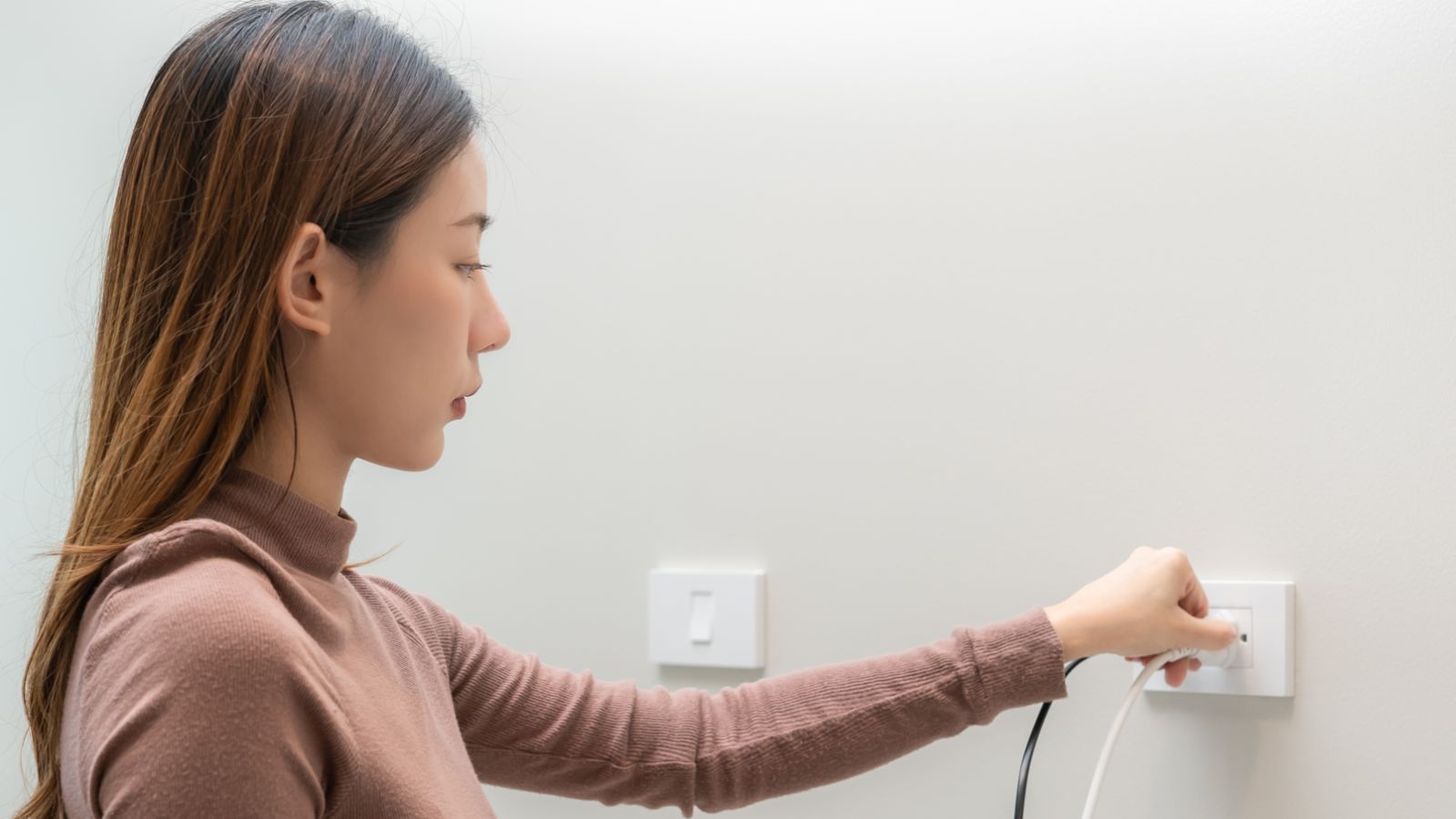Managing personal finances often involves sifting through a wealth of advice on how to save money. However, not every tip is as effective as it appears. In fact, some popular strategies may end up being less beneficial than expected. Here are 19 widely recommended money-saving tips that might not actually help you save as much as you’d think.
Avoiding all debt

People often don’t realize that not all debt is bad. “Certain types of debt, like mortgages and student loans, could help you move forward in life and achieve your personal goals,” Fidelity tells us. Just be careful about keeping credit card balances on high-interest cards, and always shop around for the best rates for any debt you take on.
Buying cheap, low-quality items

Contrary to popular belief, paying more for quality on certain items like shoes, tires, and appliances can save you money over time. This is due to the simple fact that they last longer. Buying cheaper now often means you’ll have to replace them quicker, and sometimes you’ll replace them multiple times before the more expensive item would have needed replacing.
Driving around for lower petrol prices

Looking at an app to find out where the cheapest gas is can seem like a great way to save money, and at times, it can be. However, if you end up driving around for miles to find the lowest price or get to a cheaper station, you’ll use up your savings just getting there.
Buying items in bulk

Buying in bulk is fantastic for families or large groups who will go through everything before it expires. However, for singles, buying in bulk is a waste of money because things will end up being wasted and thrown out. Also, factoring in the price of discount club memberships such as Costco, you may end up spending more than if you just bought what you needed.
Skipping professional services for DIY projects

We can learn on YouTube how to do just about everything these days, but that doesn’t mean doing it yourself is the best option. Hiring a professional will make sure the repair is done properly and will have warranties in case something goes wrong or breaks in the process. If you DIY and mess up, you’re paying the cost of what you did plus the professional.
Cutting out all discretionary spending

We’ve read it a million times: stop buying coffee out or bring your lunch to work every day, and you’ll save X amount of money. In reality, much like how strict diets don’t work because you crave what you can’t have even more, when we cut out everything that brings us joy in life, we end up overspending at a later time to make up for it.
Using vouchers for items you wouldn’t normally buy

Using a voucher isn’t always saving you money. They’re wonderful when they happen to be for an item you already need or wanted to try anyway, but when we buy something just because there is a voucher, we’re actually spending more because we wouldn’t have purchased that item if the coupon hadn’t enticed us.
Unplugging appliances to save on electricity

There’s no denying that unplugging your appliances and devices will save you some money while saving the environment, too. However, in terms of financial savings, we’re talking pounds – not hundreds. You’d be lucky to save £100 across an entire year, so while it certainly is good, don’t expect it to contribute much to your bank account.
Making only the minimum payments on credit cards

When you’re trying to make your paycheck stretch, paying only the minimum payment on your credit card will feel like a wise idea. However, paying only the minimum will prolong the time you have the debt, and it will increase the amount of interest you end up paying.
Skipping insurance to save on premiums

Thinking paying an insurance premium every month is a waste is a risky gamble. It’s true it can be cheaper to pay out of pocket for very small car or property repairs, but the problem arises if something major happens, as serious bills can go into tens of thousands of pounds very quickly without insurance.
Paying with cash to spend less

Paying cash for everything is one way to manage your budget. However, there are benefits to using a credit card. Beyond the points accrued depending on your card, they also offer more purchase protection than cash, which can be untraceable and lost forever if you’re scammed.
Saving money by not investing

Many people are intimidated by investing or believe they don’t have enough money to invest, so they leave it for the already wealthy. Investing has been made simple and attainable with apps that will help you invest rounded up change from your daily spending.
Choosing the cheapest option for services

“You get what you pay for” rings true more often than not. Shopping around for services should be about more than just finding the cheapest; you need to look for the best value for your money. Going for the cheapest could lead to just having to have the service done again or even more costly services to fix the mistakes.
Relying on precious metals as a safe investment

The price of gold has never passed its 1980 high. Precious metals can have extremely fluctuating prices, which makes them one of the riskiest items to invest in. So don’t fall for those late-night commercials telling you to invest in gold and never risk your money, because everyone who bought in 1980 has been at a loss since.
Believing you’re too old to invest in stocks

Stocks are not an investment limited to the young. “The problem is, many individuals that retire in their 60s will live another 25 to 30 years and will need to maintain their long-term purchasing power,” says Clark Kendall, a certified financial planner. For those who have money saved up beyond their emergency fund that they shouldn’t need for the next five years, investing it, regardless of your age, can build wealth throughout retirement.
Assuming a six-figure salary will guarantee happiness

No matter how often people say six figures like it’s the ideal income, there is no set amount of money that guarantees happiness. It’s a common error that people increase their spending every time their income increases, leaving them living paycheck to paycheck even in the high six-figure pay range.
Thinking home ownership is always the best choice

Owning a home is the dream, right? It feels like it’s something we’re expected to do, and the only way to invest in the future. However, owning a home may not be the right choice for everyone. For people who prefer to move around, don’t want to be involved in home repairs, and don’t have savings for the upfront costs, renting is the best option.
Planting a garden to save on produce

Assuming you have the space for a garden or everything you need for an indoor garden, there is a high start-up cost and time commitment to starting a veggie garden. If you truly enjoy gardening, start a garden for the joy, but in the end, you’ll save more money buying what you need from the store.
Avoiding shipping fees

We do a lot of things to avoid shipping, including adding to our purchase or deciding to drive to pick up the item ourselves. These are only helpful if you need the items you’re adding to your cart or if you can pick them up at a reasonable distance from your home. Many times, we add items we don’t need or end up driving far enough that we spend more on gas and time than we save.

